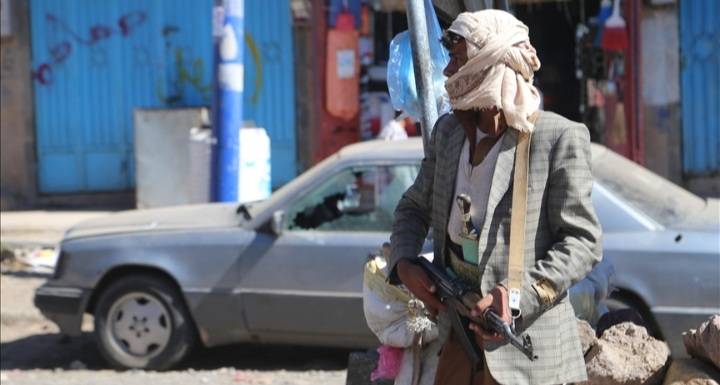Mali’s transition government said Tuesday it asked the High Islamic Council to open peace talks with leaders of the al Qaeda-linked Jama’a Nusrat ul-Islam wa al-Muslimin (JNIM) group to end a decade of conflict.
“This is a popular demand, not a question of procrastinating. The overwhelming majority of the Malian population asked for it even before the transition,” Religious Affairs Minister Mamadou Kone told reporters.
Kone last week met the Council to inform them of the government's desire to negotiate with all radical Malian groups, including Iyad Ag Ghali and Amadou Koufa.
Authorities previously endorsed the idea of talks by backing local peace initiatives with militants.
But the latest move by the transition government is seen by analysts as the most concrete step toward negotiations with militant leaders, though not in tandem with the wishes of Mali's chief military ally, France.
France sent troops to Mali in 2013 after unrest broke out in the north.
French President Emmanuel Macron has said French troops would not conduct joint operations with countries having talks with Islamist militants.
Ag Ghali is JNIM's chief and Amadou Koufa leads JNIM's most active affiliate in central Mali.
The pair has been the target of French bombing campaigns.
Moufa Haidara, in charge of negotiations within the Council confirmed his group had been tasked with negotiations, explaining that the mission is to “find a compromise, between Malians, so that the war stops throughout the country.”
Haidara assured that the channels for the opening of talks already exist.
The Muslim body mediated talks in central Mali's Niono Circle that led to a peace accord in March between JNIM militants and traditional hunters.
But both sides violated the peace deal in July, leading to an escalation of violence.
Mali has been battling an insurgency linked to the al-Qaeda and Daesh/ISIS terror groups since 2012 when unrest erupted in the north of the West African country.
The violence, which has killed thousands of civilians and troops, has spread to neighboring Niger and Burkina Faso.






